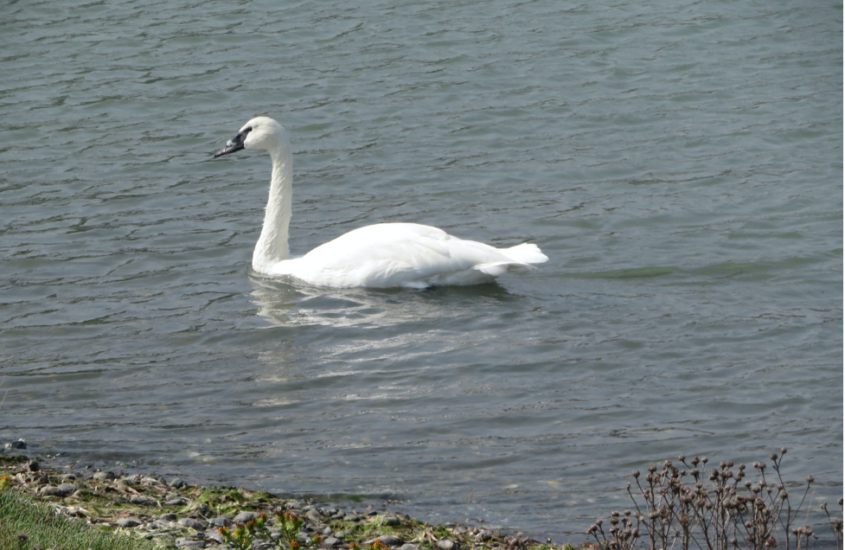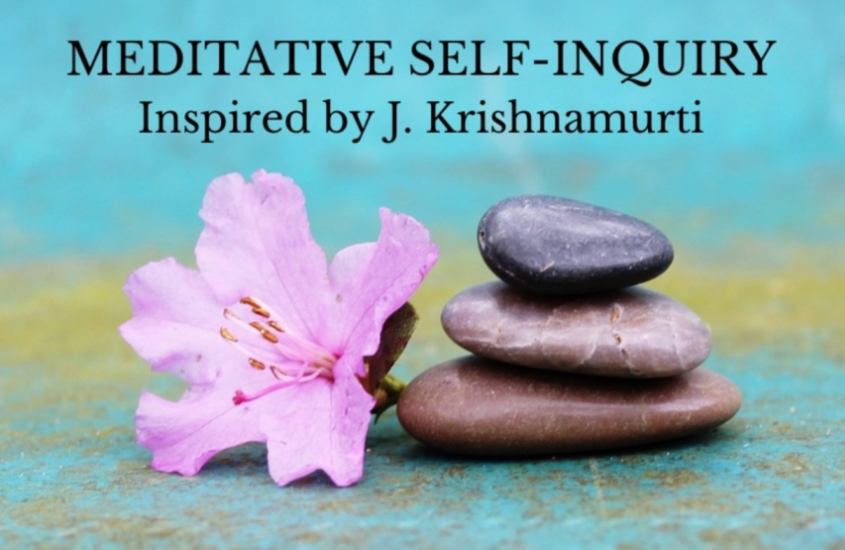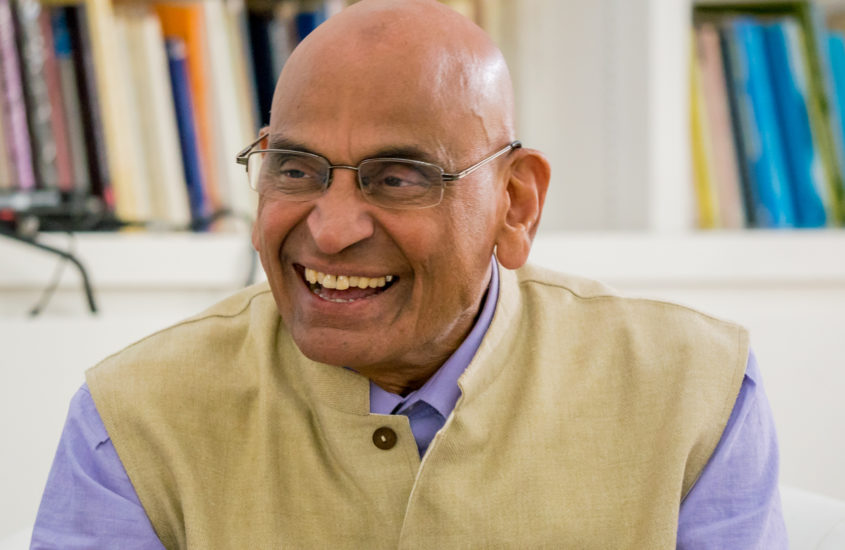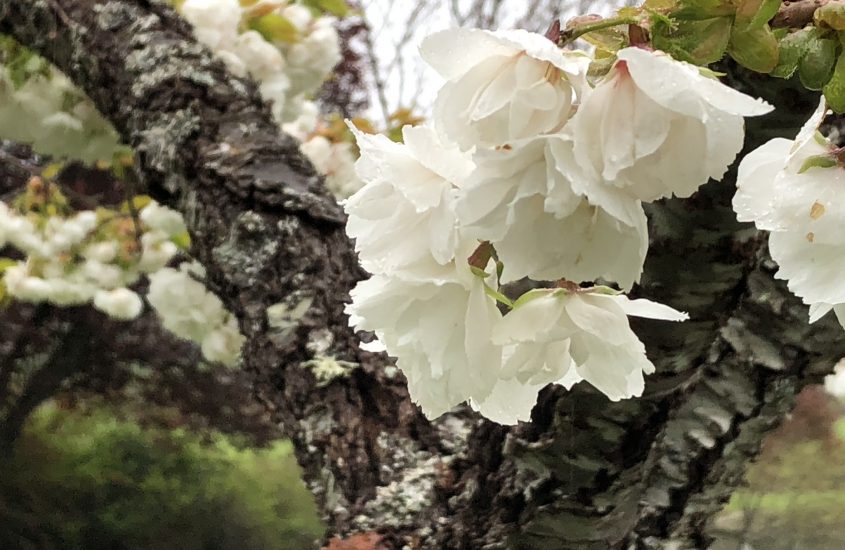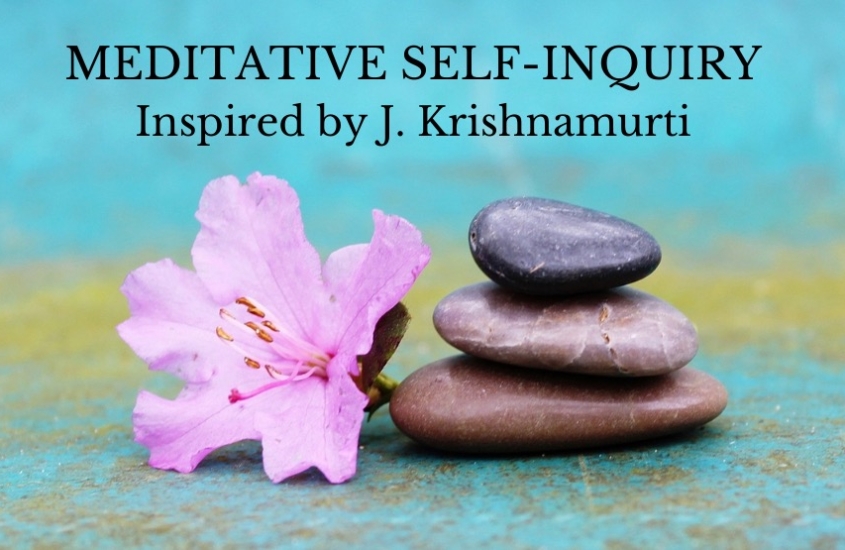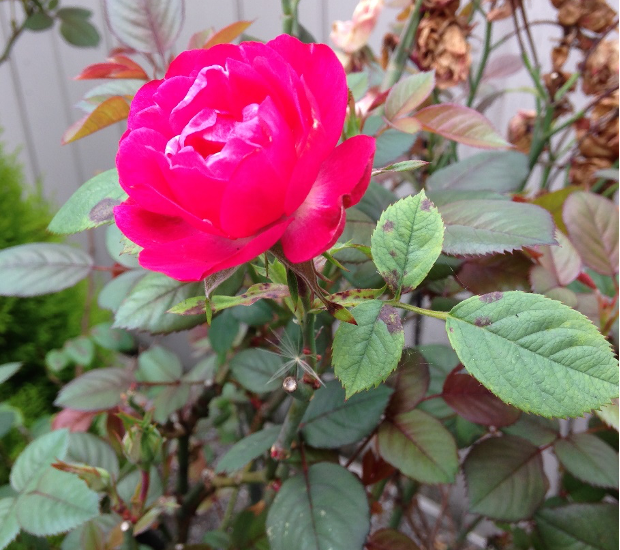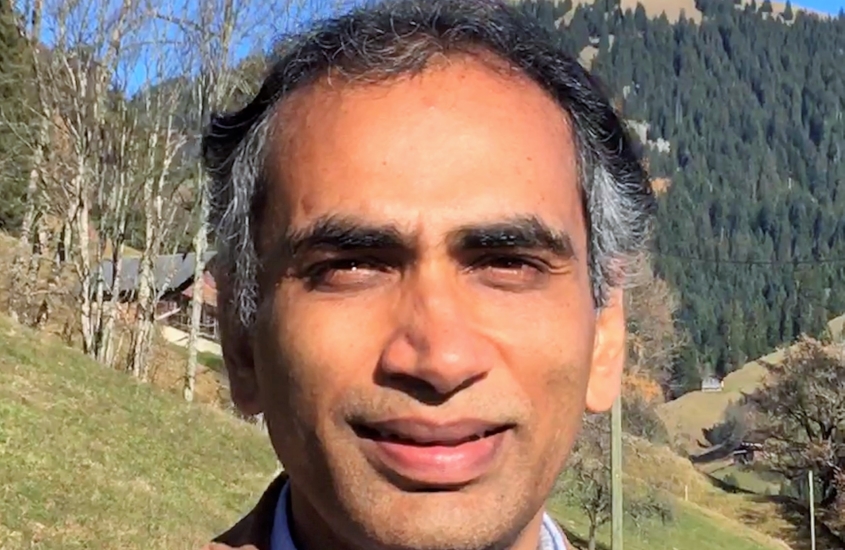Centred Self Without Being Self-centred
Online retreat with Ravi Ravindra
April 22 – 24, 2022
Ravi Ravindra joined us for his annual retreat at the Krishnamurti Centre of Canada, in this case through the Zoom online medium. He offered three presentations of 1 ½ hours each with a talk of about forty-five minutes to one hour each time followed by questions from the audience with Ravi’s responses. There were fourteen persons all included in attendance for the three sessions.
Ravi introduced his subject by bringing our attention to the mystery of our existence in this vast universe. Who or what are we? We must look within to find our connection with the “divine” reality. The urge may arise in us to seek for something beyond the body and the thinking mind and, at the same time, we need to appreciate the body and mind as sensitive instruments of inquiry.
Inquiry begins with either wonder or fear of death and the challenges of being alive. We must be dissatisfied with our current state of knowledge and experience and therefore fueled in our search for something more profound. As the search is not easy by any means, how are we to go about it? Ravi touched on many interesting pointers to effective inquiry. Krishnamurti, Ravi pointed out, recommended that we keep asking questions, questions which come from the heart more than the mind. And it is the heart which is touched by the discoveries of self-inquiry. Every step forward is significant. Some of the many significant aspects of the journey suggested by Ravi for us to contemplate were the following:
– What part of us is acting in our responses to the challenges of life? Ego is a good servant but a poor master.
– There is no need to get rid of the ego: that is more ego.
– How can we nourish the desire for the divine?
– Negative and positive forces are a necessary part of existence and all aspects of ourselves are to be included.
– Refinement and greater understanding are needed more than the rejection of “evil”.
– Wanting things to be different may be less beneficial than being content with a gradual process of evolution.
– We are a hologram of the universe and self-inquiry is an endless process. The Devil is in me as well as the Divine. We must find the right place of everything.
– We must begin where we are. Spiritual practice will refine and cleanse my motivations.
– How do the wise sayings of the sages apply to me?
– Everything Ravi is saying is obvious but needs to be appreciated.
– Am I breathing or being breathed? The breath of God is keeping me alive, but I often take it for granted.
– Whatever I pay attention to changes its quality. There is no need to force anything. Watching what I am impartially brings self-transformation and greater depth and subtlety.
– We must find the right balance between effort and receptivity. What are my actions driven by: self or Self?
– Discouragement is inevitable but being connected with a group of fellow searchers can be invaluable. Self-compassion is also necessary.
– Can we allow ourselves to be surprised? The holy is surprising and requires freedom from the known.
– Spiritual questions cannot be solved but can be dissolved (but not necessarily permanently). If we stay with the mystery our lives can be transformed.
In addition to the large range of topics discussed over the three days, Ravi also guided the group in a few meditations which explored some inner, subtle dimensions of the body-mind.
Towards the end of the retreat some interesting questions were posed by participants, eliciting further gems from Ravi.
Overall, participants appeared to greatly enjoy the richness of wisdom gathered by Ravi over many years of study and meditation. We are grateful for his willingness to share with us.
DB

